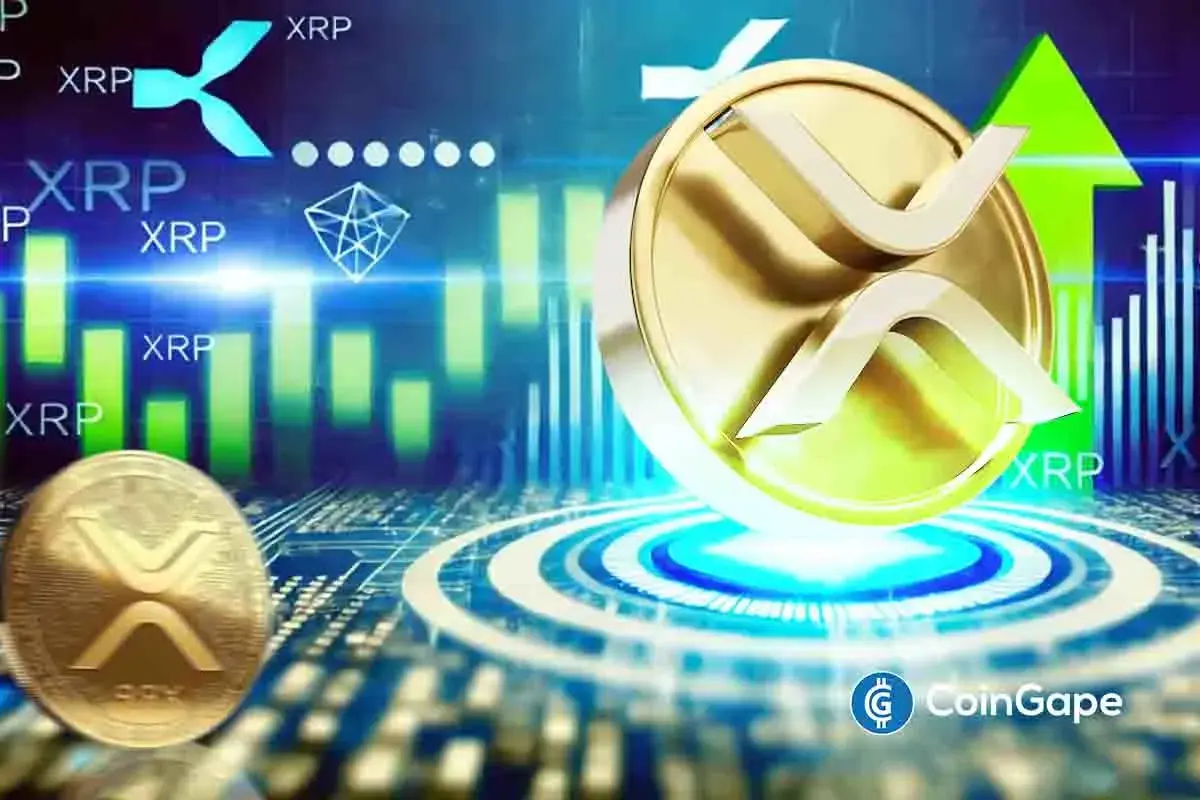 CaryptosHeadlines Media Has Launched Its Native Token CHT.
Airdrop Is Live For Everyone, Claim Instant 5000 CHT Tokens Worth Of $50 USDT.
Join the Airdrop at the official website,
CryptosHeadlinesToken.com
CaryptosHeadlines Media Has Launched Its Native Token CHT.
Airdrop Is Live For Everyone, Claim Instant 5000 CHT Tokens Worth Of $50 USDT.
Join the Airdrop at the official website,
CryptosHeadlinesToken.com
The world of decentralized finance (DeFi) is evolving at a breathtaking pace, transforming areas like lending, trading, and asset management within financial services. By cutting out middlemen and offering unmatched transparency, DeFi protocols empower users with lower costs, faster transactions, and a financial system free from traditional inefficiencies. This transformation underpins the foundation of a new era in finance.
As we look ahead to 2025, several protocols are set to lead the way. Here’s a closer look at eight DeFi protocols you should keep on your radar:
1. Aave
Aave continues to be a powerhouse in the DeFi lending space. Known for its cutting-edge features like flash loans and decentralised governance, Aave has carved out a reputation for innovation. With its expansion into layer-2 solutions, the platform is becoming faster, more affordable, and accessible to a wider audience.
Why It Stands Out:
- Supports multiple blockchains like Ethereum, Polygon, and Avalanche.
- Offers flexible interest rates to suit user needs.
- Empowers users through its governance token, AAVE.
Why Keep an Eye on It: Aave’s commitment to scalability and ongoing upgrades make it a leader in the DeFi space.
2. Uniswap
Uniswap revolutionised token trading with its decentralised exchange (DEX) model. By eliminating traditional order books in favour of automated market makers (AMMs), it made trading easy and accessible for everyone. The upcoming Uniswap v4 is set to bring dynamic liquidity pools and enhanced fee structures.
Why It Stands Out:
- Enables non-custodial trading, keeping users in control.
- Allows permissionless token listings, promoting inclusivity.
- Innovates continuously with governance-driven updates.
Why Keep an Eye on It: As the pioneer in DEXs, Uniswap’s focus on user experience and innovation secures its place as a key player.
3. MakerDAO
MakerDAO is the force behind DAI, one of the most widely used stablecoins in the DeFi ecosystem. By leveraging collateralised debt positions (CDPs), it ensures DAI maintains a stable value, even in volatile markets. In the coming years, MakerDAO is expected to diversify its collateral and enhance its governance framework.
Why It Stands Out:
- Offers stability in an unpredictable market through DAI.
- Operates with a decentralised governance model.
- Expands collateral types to adapt to changing needs.
Why Keep an Eye on It: As stablecoins continue to play a central role in DeFi, MakerDAO’s innovations are worth following.
4. Curve Finance
Curve Finance has established itself as the go-to protocol for stablecoin trading, offering low fees and minimal slippage. Liquidity providers love it for its steady returns, while traders appreciate its efficiency. With new pools and innovative tokenomics on the horizon, Curve is poised for even greater success.
Why It Stands Out:
- Specialises in stablecoin and pegged asset swaps.
- Rewards liquidity providers through its CRV token.
- Expands its reach with cross-chain integrations.
Why Keep an Eye on It: Curve’s focus on stable assets ensures it will remain a crucial player in the DeFi ecosystem.
5. Yearn.Finance
Yearn.Finance makes yield farming simple and accessible by automating the process. Its vaults are designed to maximise returns with minimal effort, making it a popular choice for investors seeking passive income. The protocol’s future plans include expanding vault offerings and adding cross-chain functionality.
Why It Stands Out:
- Automates yield farming for better efficiency.
- Offers user-friendly vaults with optimised strategies.
- Operates with decentralised governance via the YFI token.
Why Keep an Eye on It: With its focus on automation and ease of use, Yearn.Finance is set to capture an even larger audience.
6. Synthetix
Synthetix bridges traditional finance and blockchain by enabling the creation and trading of synthetic assets. This allows users to gain exposure to real-world assets like stocks and commodities without leaving the DeFi ecosystem. As tokenised assets become more popular, Synthetix is perfectly positioned to lead the charge.
Why It Stands Out:
- Offers trading of synthetic assets, including stocks and commodities.
- Utilises decentralised price oracles for accuracy.
- Incentivises users to stake and participate.
Why Keep an Eye on It: Synthetix’s ability to tokenise real-world assets makes it a trailblazer in the DeFi space.
7. Compound
Compound was one of the first protocols to popularise DeFi lending and borrowing. Users can earn interest or borrow against their crypto holdings, all while participating in the protocol’s governance through the COMP token. Future updates aim to integrate Compound with emerging blockchain networks for improved efficiency.
Why It Stands Out:
- Offers competitive rates for both borrowers and lenders.
- Empowers users through governance with the COMP token.
- Boasts a strong developer ecosystem for continuous innovation.
Why Keep an Eye on It: Compound’s strong foundation and plans for improvement ensure its long-term relevance.
8. Balancer
Balancer is a decentralised asset management platform that lets users create custom liquidity pools. This flexibility makes it a favourite among traders and liquidity providers alike. With plans to introduce more innovative features, Balancer is set to remain a key player in 2025.
Why It Stands Out:
- Supports multi-token pools, offering unique trading opportunities.
- Implements dynamic fee structures to maximise efficiency.
- Operates with governance through the BAL token.
Why Keep an Eye on It: Balancer’s adaptability and focus on innovation make it a vital part of the DeFi ecosystem.
The Future of DeFi
DeFi is on the brink of a new era, driven by these groundbreaking protocols. Whether you’re an investor, developer, or just a blockchain enthusiast, staying informed about these platforms will help you navigate the future of decentralised finance. The next few years promise to be transformative, and these protocols are leading the charge towards a more accessible, transparent, and efficient financial system.











